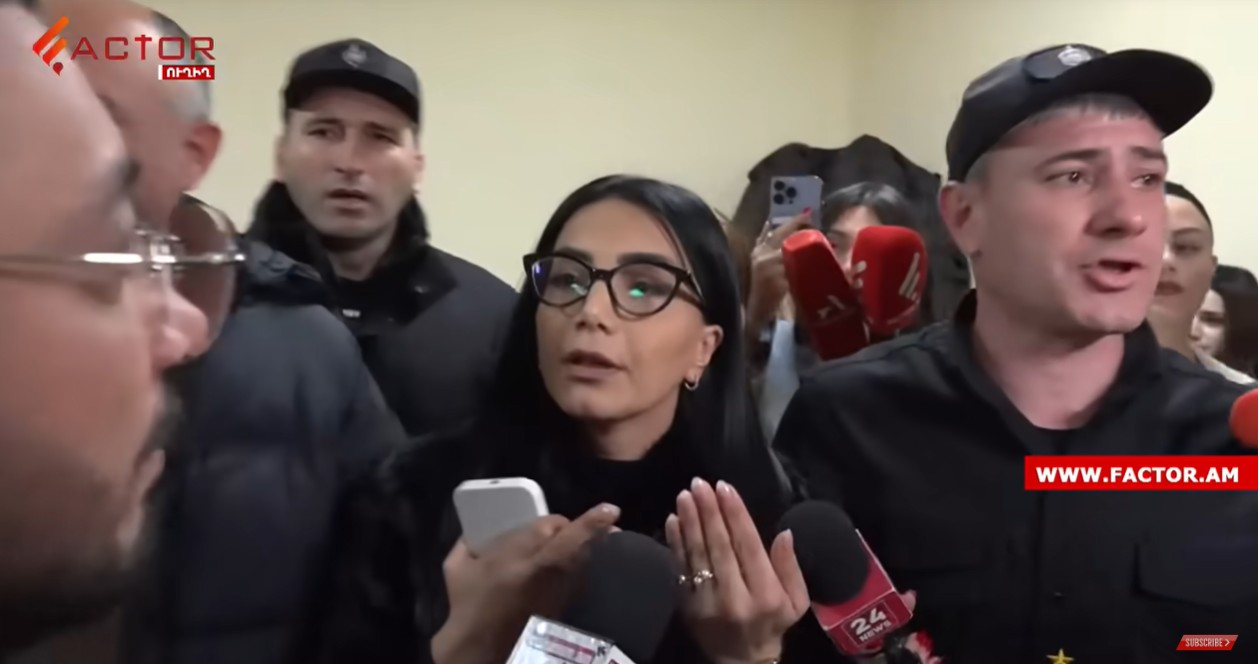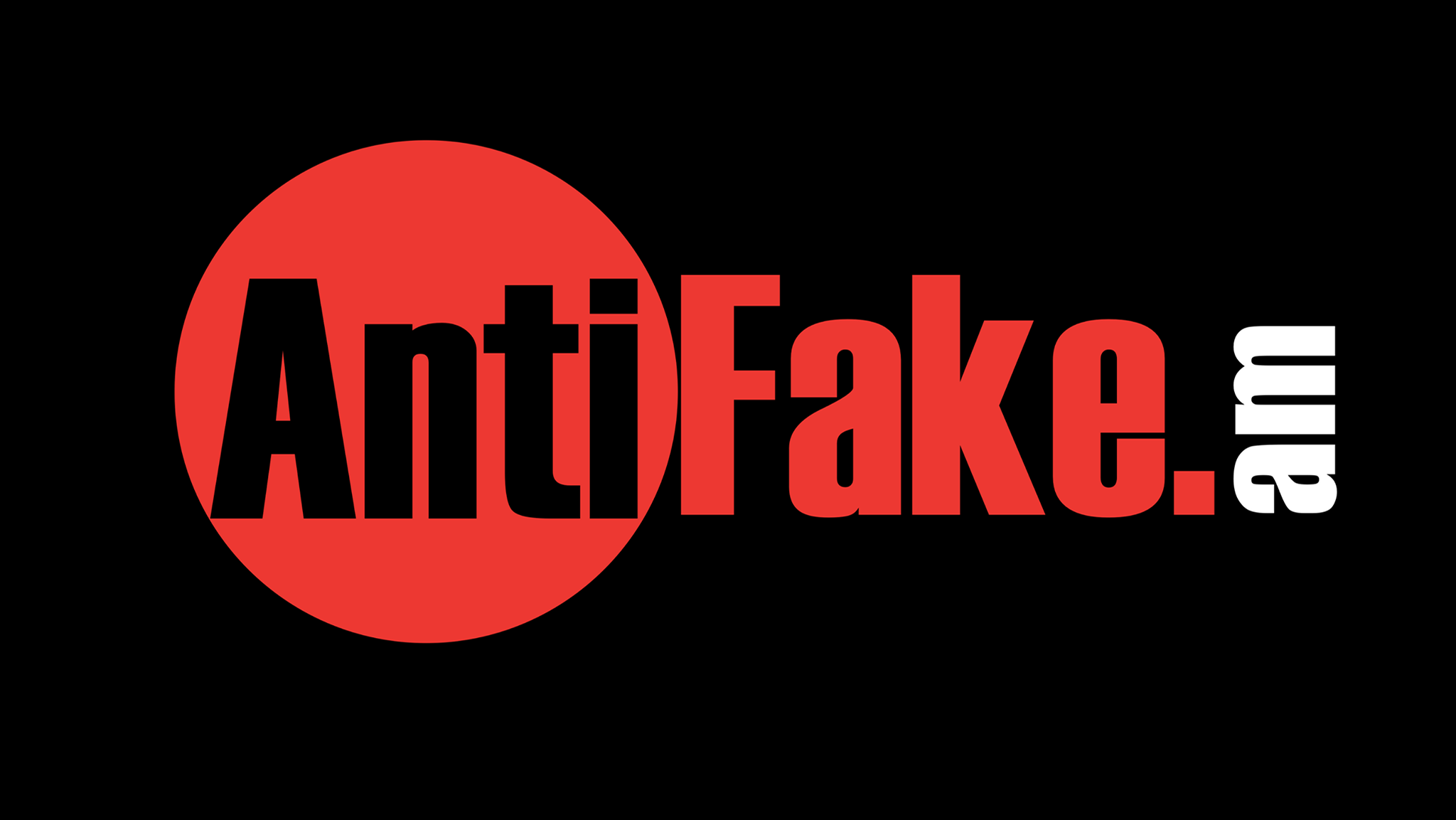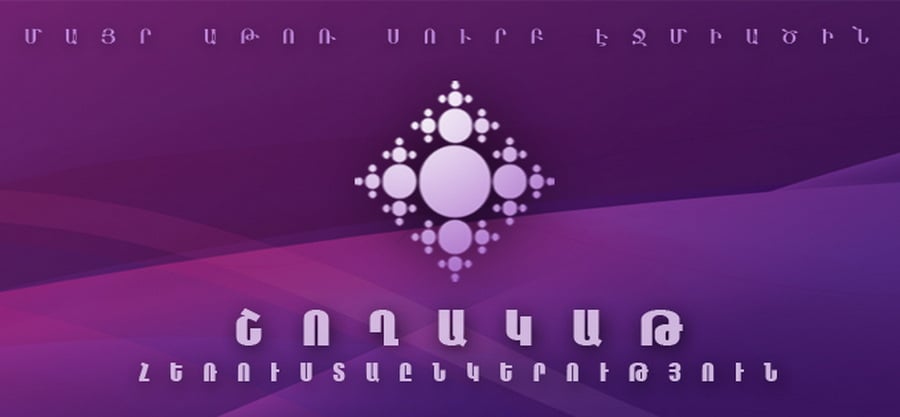March 13, 2023, Yerevan
On March 1, 2023, the RA National Assembly adopted a comprehensive package of bills proposed by the RA Government, the core of which is the new law called “On State Secret.” Among many other controversial changes, whose necessity requires additional professional review, the parliament also introduced a new restriction in the RA Law “On Freedom of Information.” In particular, in its Article 8, Paragraph 1.1, which envisages rejection to provide information if it “contains state, banking, commercial secrets,” the phrase “or official information of limited distribution” was added. This modification, in fact, distorted and devalued the entire law.
First of all, the criteria used to distinguish the “official information of limited distribution” are at the very least not adequately defined, and the reasoning behind this restriction is highly controversial. It turns out that nearly all documents circulating within state institutions, even if they are not sensitive, may now be classified as containing “official information of limited distribution.” In fact, this legislative change creates new grounds for rejecting official information.
The new Law “On State Secret” does define what is meant by “official information of limited distribution,” and it devotes an entire chapter to outlining its regulations. However, the users of the Law “On Freedom of Information” should not have to consult another law (“On State Secret”) to understand the aforementioned term’s meaning. Most importantly, the wording of this concept is so generalized that it could encompass anything, including the shady aspects of the activities of state bodies and officials, omissions and abuses, which should be the focus of public and press criticism in any country aspiring to democracy. And now, most of this information could remain hidden from public view.
The draft law “On Environmental Information” is another document that intends to limit access to official data, concealing omissions and abuses. Similarly, it severely restricts the provision of data related to environmental protection. It is important to recall that the draft on making amendments and supplements to the RA Law “On the Legal Regime of Martial Law” has been under discussion since the end of last year. This proposal gives ample opportunities for imposing arbitrary and disproportionate restrictions in the information field.
Thus, a whole regressive sequence of legislative initiatives restricting the freedom of information has emerged. This has happened in an environment where obtaining official data from state bodies is already associated with significant hurdles, and citizens, media, and non-governmental organizations are facing numerous unjustified rejections.
Moreover, these regressive bills were not properly discussed with specialized non-governmental organizations prior to their publication or circulation. While on April 19, 2022, we, the undersigned organizations, signed a Memorandum with the legislative (represented by the Chair of the NA Standing Committee on Science, Education, Culture, Diaspora, Youth and Sport) and executive (represented by the RA Deputy Minister of Justice) branches. The Memorandum declared that any changes to the laws related to the information field should be based on the principles of the Concept of legislative reforms that is currently being developed, holding professional discussions right from the inception of ideas.
We note that it has been almost a year that the authorities have not abided by the agreements stipulated in the Memorandum on multiple occasions.
Based on the above, we demand:
– the RA President not to sign the new Law “On State Secret” and the package of legislative amendments adopted with it, pay particular attention to the amendment to the Law “On Freedom of Information” and refer it to the Constitutional Court to determine the compliance of this document with the RA Constitution;
– the RA National Assembly and the RA Government to withdraw the draft law “On Environmental Information” and the proposed amendments and supplements to the Law “On the Legal Regime of Martial Law”, initiate further research and extensive discussions with the expert community, as well as submit these documents for international examination.
COMMITTEE TO PROTECT FREEDOM OF EXPRESSION
YEREVAN PRESS CLUB
MEDIA INITIATIVES CENTER
MEDIA DIVERSITY INSTITUTE-ARMENIA
JOURNALISTS’ CLUB “ASPAREZ”
FREEDOM OF INFORMATION CENTER
PUBLIC JOURNALISM CLUB
“JOURNALISTS FOR THE FUTURE” NGO
“JOURNALISTS FOR HUMAN RIGHTS” NGO
GORIS PRESS CLUB
“FEMIDA” NGO









